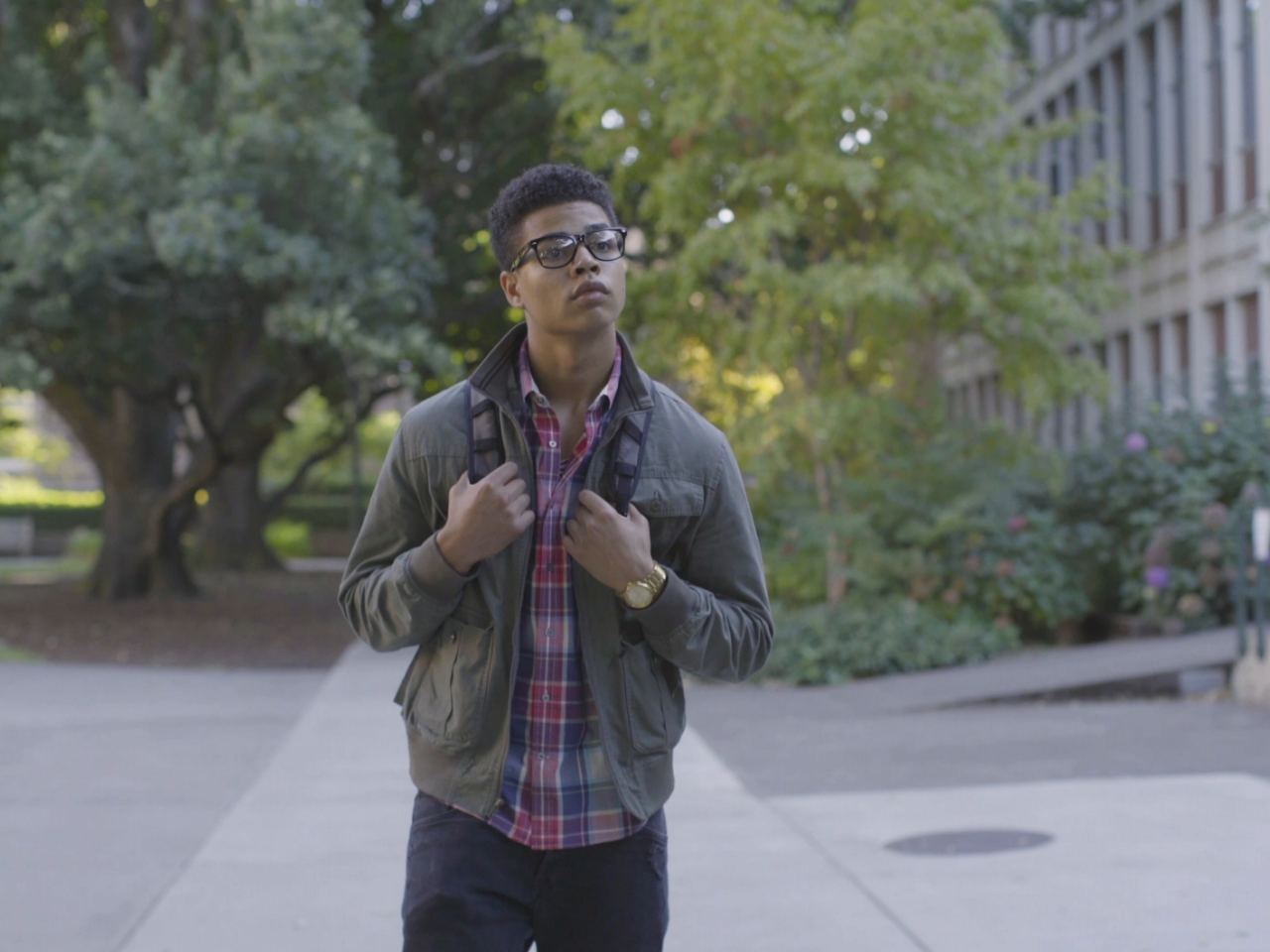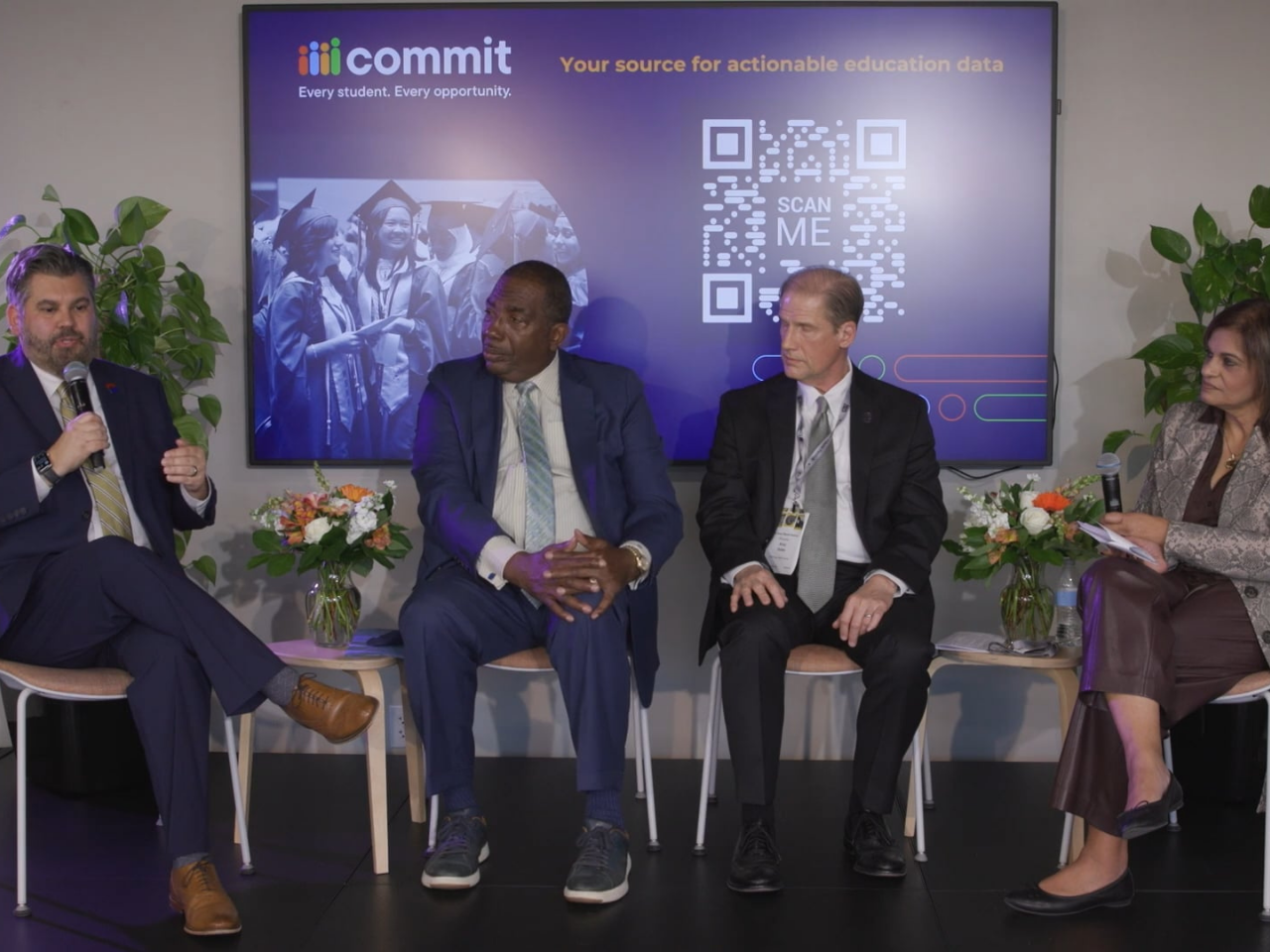Increase in FAFSA/TAFSA Completion Rates & College Enrollment




The 2015-2016 school year brought many reasons to celebrate, including an increase in FAFSA/TAFSA completion rates in five districts and an increase in college enrollment after the hard-to-navigate summer months for students participating in the countywide texting program. We are invested in supporting our community partners’ work in increasing postsecondary enrollment and completion, and we look forward to continuing that work during the 2016-2017 school year alongside you.
College Affordability
Over the past three years, Dallas County school districts, nonprofits, higher education partners, and business community volunteers have come together to promote a better understanding of how (and why) to pay for higher education. What originated as a community coming together to host community FAFSA/TASFA workshops has evolved into a strategic effort to increase FAFSA/TASFA completion rates. Our work together now includes a broader college affordability campaign, grassroots support from area students acting as a street teams on their campuses, and multiple training sessions for advisors and after-school providers.
Success to Date:
As a result of these efforts, 43% of 2016 seniors completed FAFSA by July 1. While this is down one percentage point (220 seniors) from 2015, five districts had FAFSA completion rates above their 2015 rates and 18 high school campuses had at least a 5 percentage point growth.
Coming Up Next:
The County is in full swing getting ready for the early FAFSA/TAFSA opening this year on October 1. To make sure students are well-informed and motivated to apply as early as possible, our region is joining the Texas Higher Education Coordinating Board’s FAFSA/TASFA Challenge by participating in the statewide GenTX campaign in November. Additionally, we have launched a new initiative for 2016-2017: the Impact and Improvement Network. Under this initiative, five districts (Cedar Hill, DeSoto, Duncanville, Grand Prairie and Lancaster) were selected to participate in an 8-month, in-depth network on continuous improvement tools and templates specifically to strengthen and improve financial aid completion rates as they adapt to the new financial aid timeline.
How can you get involved?
- Accept the state challenge by setting a FAFSA/TASFA completion goal and/or help spread the word about financial aid here
- Download new toolkits and resources on www.YouCanAffordCollege.org including a tip sheet with talking points for non-college advisors to use to debunk financial aid myths
- Share college affordability events and dates with us so we can help you promote!
Bridging the High School to College Transition
Even for our most engaged and prepared students, the summer after high school graduation can be difficult to navigate. Graduates don’t have access to their counselor and are not yet connected to a college campus. With these challenges, many Dallas County seniors, particularly those from low-income backgrounds, fall off track, or “melt,” at some point during their senior year or during the summer and do not enroll in any postsecondary program.
To combat this, Commit! brought together local school districts and higher ed partners to launch a text messaging system in 2014-2015 that sent students reminders on college enrollment milestones and allowed them to text back to counselors or college staff with questions and to track progress. This past year, nearly 2,000 students from five districts (Cedar Hill, DeSoto, Dallas, Grand Prairie and Lancaster) and 13 higher ed partners participated in the program.
Success to Date:
In Dallas ISD alone after year one, 51% of participants enrolled in college compared to 34% of non-participants (17% more likely!). For Dallas ISD, DeSoto ISD, Grand Prairie ISD, and Lancaster ISD combined, participants in Summer Melt Texting were 15% points more likely to enroll in college than non-participants (55% enrolled, compared to 40% of non-participants). The increase was consistent across all categories: when controlling for race/ethnicity, socioeconomic status, GPA, and/or gender, participating in the texting program was consistently correlated with a higher enrollment rate.
Coming Up Next:
- Due to the positive results, the texting program will continue for its third year, with messages beginning in October with the release of FAFSA.
- The Partnership also plans on launching a similar service for parents of seniors in participating families.
- Is your district or higher ed institution involved? Have seniors that should sign up for the service? Let Sarah.Jensen@commit2dallas.org know.
More Dual Credit, Less Remediation
Six K-12 districts and the Dallas County Community College District (DCCCD) are drafting action plans to reduce remediation and increase dual credit/rigorous course enrollment. To do so, they have committed to researching how best to identify students early in their high school career who are off-track to be college ready and then support them to become college ready before graduation.
Success to Date:
Through Commit!-facilitated joint meetings, DCCCD established data-sharing agreements, streamlined faculty credentialing processes, aligned on shared timelines, and built student- and parent-facing materials.
Coming Up Next:
The Partnership will continue to coordinate dual credit/remediation action networks through bi-monthly meetings.
Transfer Credit Discussions
The Dallas Regional Chamber has begun leading discussions to streamline the transfer credit process between area community colleges and universities. Commit! is assisting with data analysis and research to identify gaps and bright spots and to address breakdowns and barriers. This is our newest area of work supporting postsecondary retention and completion, and we are excited to report out results as time progresses.
Thank you for your continued support of our initiatives to improve college access and success! Please reach out with any questions or to plug into the work.







.avif)